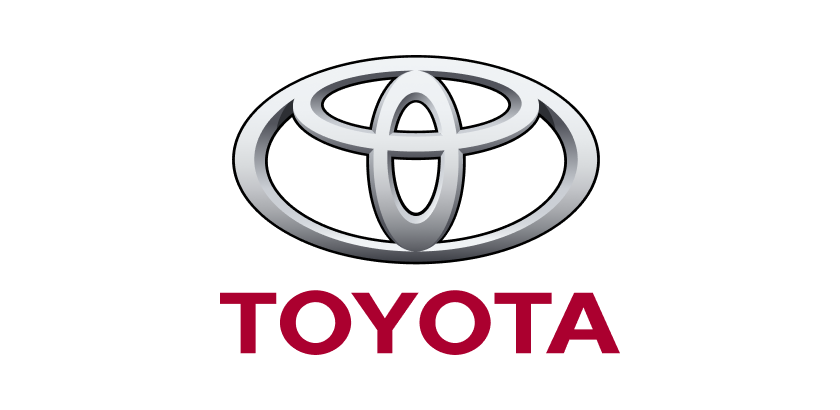Toyota Motor Corp. has unveiled its plans to introduce a new line of solid-state batteries, aiming to enhance the range and reduce production costs of its electric vehicles (EVs). The announcement, made just before the company’s annual shareholders’ meeting, signals Toyota’s commitment to boost EV performance and sales. Despite previous criticism for a slower adoption of battery-powered cars, Toyota now aims to sell 1.5 million EVs annually by 2026.
The news of improved technology and a renewed focus on the energy transition has had a positive impact on Toyota’s stock price, which rose by as much as 6.5%. However, the automaker is expected to face increased scrutiny from investors at the annual meeting, with a shareholder proposal for a company-wide audit regarding its climate-related lobbying alignment with the Paris Agreement’s goals. Toyota’s board of directors has advised shareholders to vote against the proposal.
Toyota’s climate goals, as outlined by company President Akio Toyoda in a letter to shareholders, include achieving carbon neutrality by 2050 and aiming to reduce average CO2 emissions of vehicles sold worldwide by 50% or more by 2035 compared to 2019. The company plans to leverage a range of electric vehicle options, including battery electric vehicles (BEVs), to promote global decarbonization while considering local conditions.
The key technological advancements announced by Toyota include the introduction of solid-state batteries, which are expected to be a game-changer. These batteries offer higher energy density and longer lifespans, resulting in cost savings for consumers. Toyota aims to sell vehicles equipped with solid-state batteries by 2027 or 2028. In the interim, the company plans to launch a lineup of lithium-ion phosphate batteries by 2026, offering a 20% reduction in production costs and a 40% increase in driving range.
Toyota also emphasizes its commitment to hydrogen as an energy source, establishing a new division dedicated to integrating hydrogen technology and advancing towards a “hydrogen society.” While hydrogen power remains relatively expensive, the unit’s focus is on building corporate partnerships and investing in research and development to drive progress in this field.
Toyota also plans to adopt Giga casting, an assembly-line automation technology introduced by Tesla. Giga casting replaces the traditional method of building separate components on a conveyor belt by using a single piece of aluminum shaped into the entire car, reducing factory investment costs by an estimated 50%.
Toyota’s recent announcements demonstrate the company’s efforts to stay competitive in the evolving automotive industry. By focusing on solid-state batteries, hydrogen technology, and innovative assembly-line methods, Toyota aims to enhance its EV offerings, reduce costs, and contribute to global decarbonization. These advancements position the company for future growth and align with its long-term vision for sustainable mobility.




























